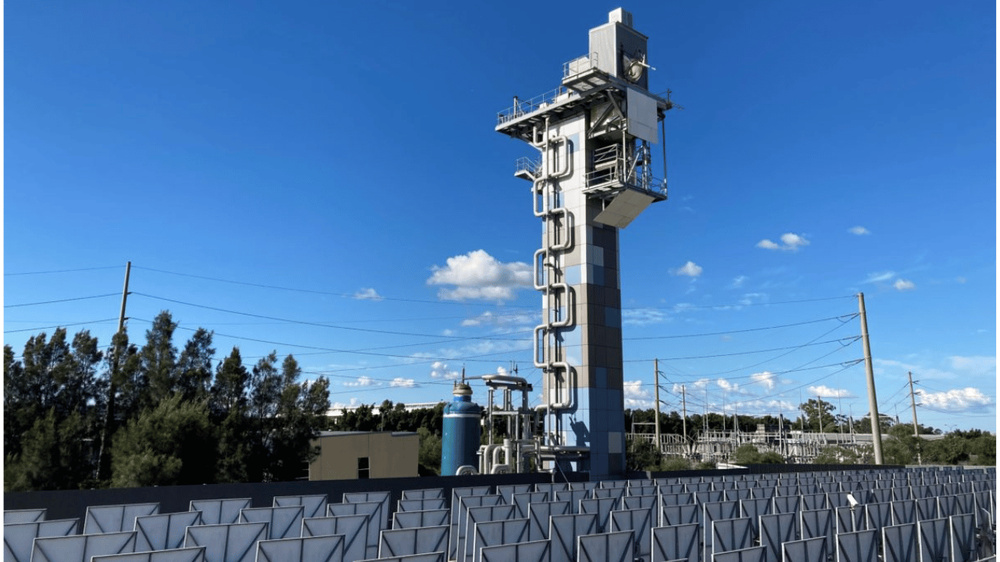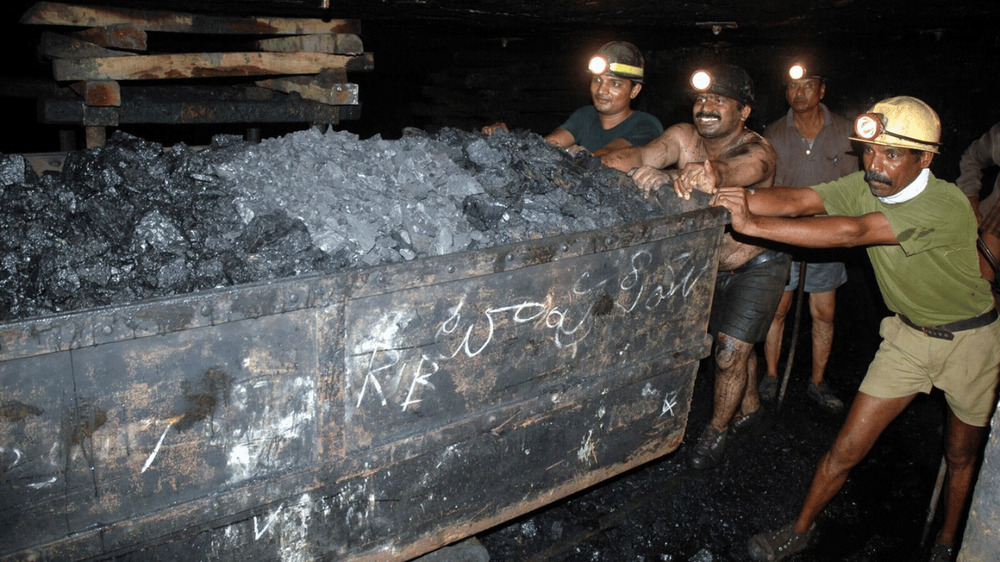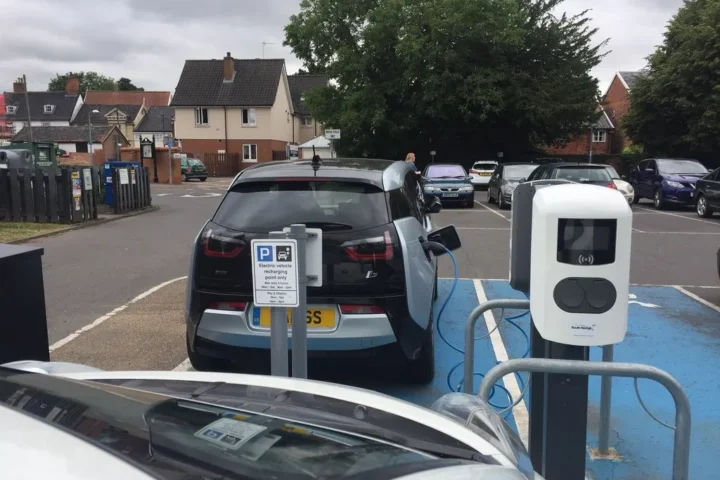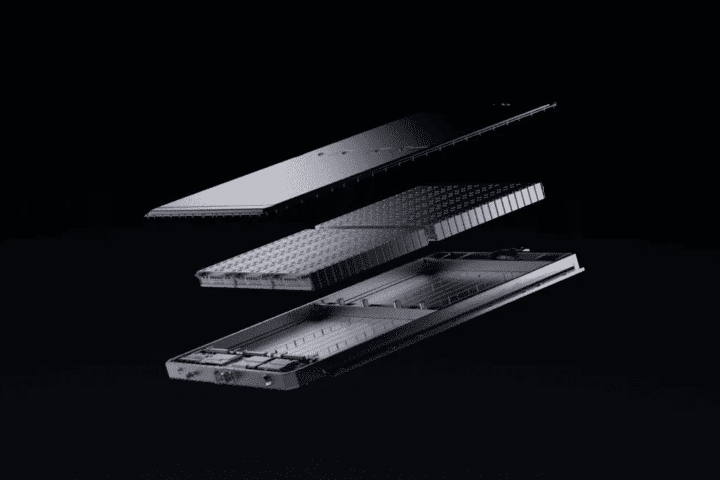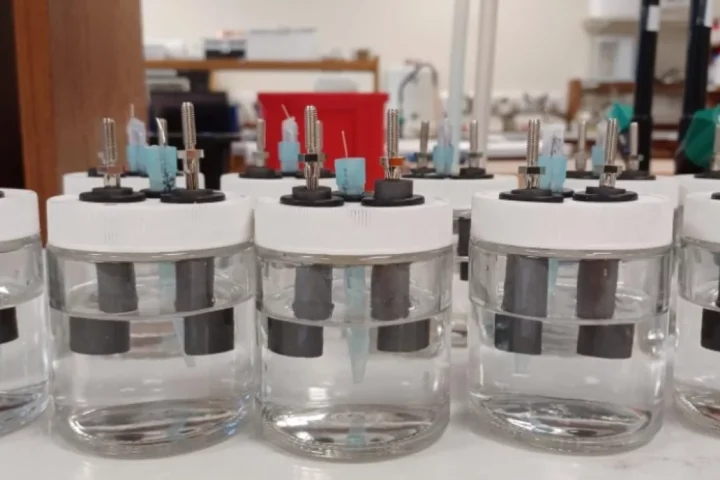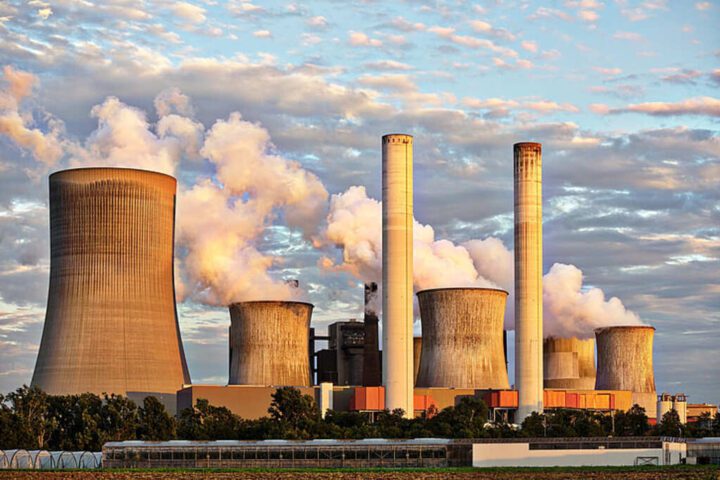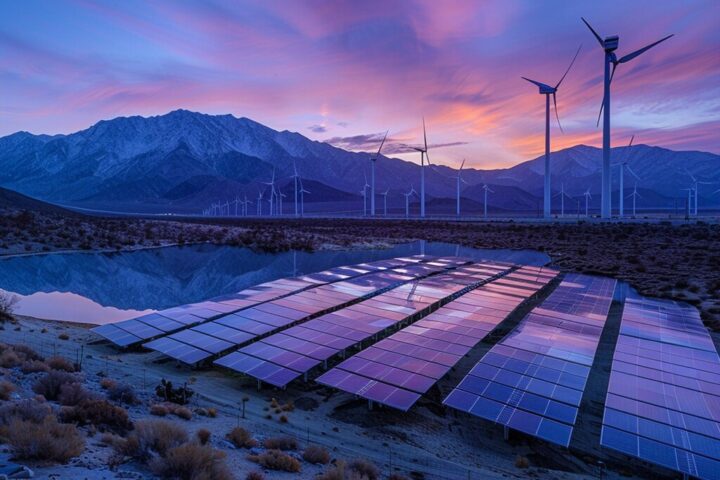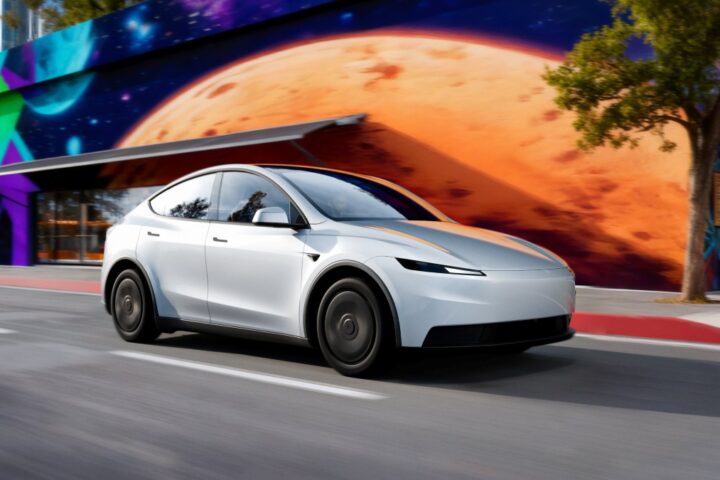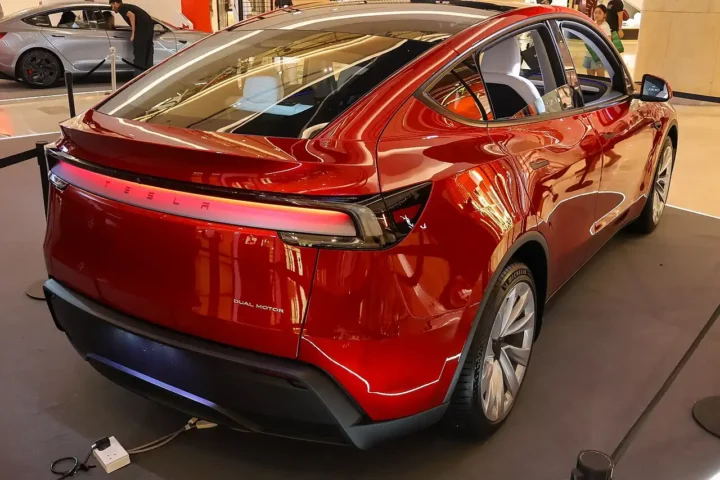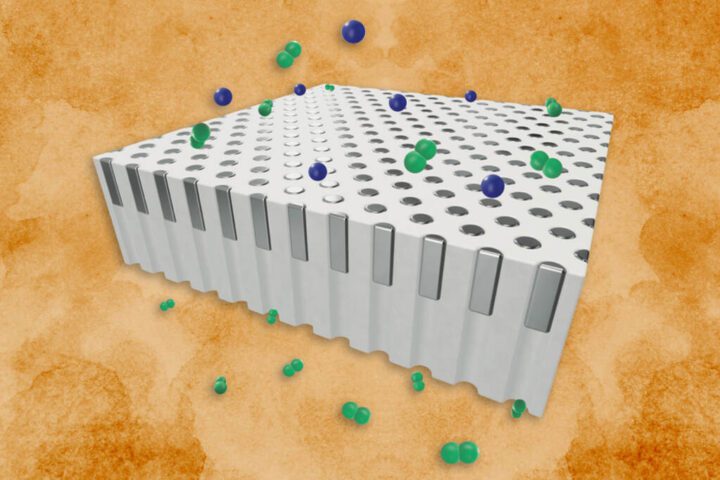Sparc Hydrogen, a joint venture uniting Sparc Technologies (52%), the University of Adelaide (28%), and Fortescue (20%), is spearheading the advancement of green hydrogen tech with its groundbreaking photocatalytic water-splitting (PWS) reactor. This solar reactor, still awaiting patent approval, represents a unique blend of concentrated solar energy and PWS. It’s not just about splitting water molecules to release hydrogen; it’s about doing it efficiently with concentrated solar energy. The beauty of this technology lies in its simplicity and efficiency, leveraging sunlight, water, and a photocatalyst to make green hydrogen, a stark contrast to the traditional electrolysis method.
This reactor is a game changer in the hydrogen energy landscape. It’s designed for high solar-to-hydrogen efficiencies and features a modular design. Not only does it minimize photocatalyst usage, but it also captures and utilizes excess heat, a testament to its innovative approach. The CSIRO Energy Centre in Newcastle, NSW, was the stage for the initial testing of this prototype, which has successfully pushed the technology readiness level (TRL) from 4 to 5.
The reactor’s design cleverly integrates with existing concentrated solar systems, reducing photocatalyst use and enhancing efficiency. This integration is crucial for the future scalability of the technology. Sparc Hydrogen’s approach is believed to offer cost and flexibility benefits over electrolysis, mainly due to lower infrastructure and electricity demands. Recognizing its potential, the Australian government has awarded nearly $500,000 (USD 315,000) to support its development.
Similar Posts
Stephen Hunt, Executive Chair of Sparc Technologies, encapsulated the essence of this innovation when discussing the on-sun testing at the CSIRO facility. Hunt highlighted the value of data and learnings from these trials, which are integral to refining reactor design and scaling the technology towards a pilot plant near Adelaide, Australia. This plant will be pivotal for continuous on-sun testing and further development of the technology.
As the world looks for sustainable and efficient energy solutions, Sparc Hydrogen’s efforts in developing this PWS technology are a beacon of hope. Its potential to transform solar energy directly into hydrogen energy is a significant step towards a sustainable energy future, embodying the highest gravimetric energy density and zero emissions.
